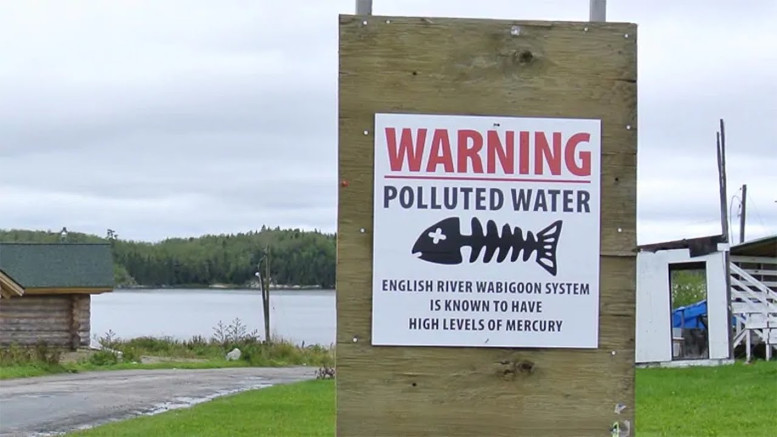Capitalism’s overriding imperative is to extract wealth from the land and labour in order to enrich the elite. Workers struggle to survive or eke out a living as profits flow into the pockets of the wealthy. As capitalism replaced feudalism, the exploitation of both land and labour played out in countries around the world. As Europeans sought new markets for goods, and new people and territories to exploit, the evil of capitalism was twinned with that of colonialism, focused on acquiring economic and/or political control over other territories.
In Canada, capitalists’ wealth has always been based on resource expropriation, exploitation and extraction. Indigenous people — who developed a diverse range of technologies and cultures and made their livelihoods from gathering plants and berries, fishing, trapping and hunting — were in an unequal power relationship with fur traders, land developers and other colonial interests. Indigenous societies had a relationship with the land based on stewardship and care, not on private ownership.
Indigenous people and their land stood in the way of capitalist profit, colonial control and imperial aspirations. This is as true now as it was when Europeans first arrived. Capitalism claims a racial neutrality of sorts: we don’t care who we exploit, as long as we get the profits. But the reality is far different. Almost all those who are exploited are poor, working class, people of colour, Black or Indigenous. In this unequal power relationship, the reality of environmental racism rears its ugly head.
Fundamental to good environmental policy are principles of stewardship, ecological thinking, social justice and fair distribution of wealth. Yet overwhelmingly, communities that have less money and power are confronted with unwanted industrial waste, pollution and environmental damage. This often intersects with racism.
In Canada, environmental racism has many faces, ranging from the stealing of Indigenous lands to the poisoning of waters and lands. The Grassy Narrows First Nation was on the receiving end of untreated mercury discharged between 1962 and 1970 from the chlor-alkali plant next to the Dryden pulp mill causing continuing, irreparable damage to fish, animals and humans. The First Nation and Métis communities in Fort McKay and Fort Chipewyan, downstream from Fort McMurray on the Athabasca River, have been severely impacted by pollution from the tar sands.
The frequent disregard of treaties signed between Indigenous Nations and the Crown, including expropriating Indigenous land for military purposes, is another form of environmental racism. The Stony Point Reserve near Ipperwash on Lake Huron was appropriated in 1942 for use as a military camp during World War 2. The Dene and Cree First Nations, as well as nearby Métis, lost huge parts of their land in the 1953 establishment of the Cold Lake Air Weapons Range, violating Treaties 6 and 10. In both cases, local Indigenous peoples have struggled to take back their land.
Environmental racism also includes the complete lack of consultation, or at best, a pretense of consultation as in we’ve already decided what we are going to do, we just want to let you know and maybe see how we might support your community.
The struggles of the Wet’suwet’en and their hereditary leadership over the past two years are part of a long line of Indigenous peoples’ struggles to protect their land, culture and sovereignty from the relentless drive of colonialism and environmental racism. The Wet’suwet’en have been ignored, while the resource extraction industry is actively supported by the state. This includes the courts that grant injunctions supporting industry over Indigenous self-determination and the RCMP, with its long history of using force to exert domination.
It is shocking just how blatant environmental racism is. Indigenous people have been fighting and continue to fight against racist, colonial, capitalist exploitation. After years of struggle including launching a court challenge, in 2000 the Labrador and Québec Innu won a temporary halt of NATO’s low-level supersonic flights over their territories. As important as these victories are, environmental racism will continue as long as capitalism exists. Only a socialist system based on the collective needs of all people can eradicate racist environmental practices and land theft.



